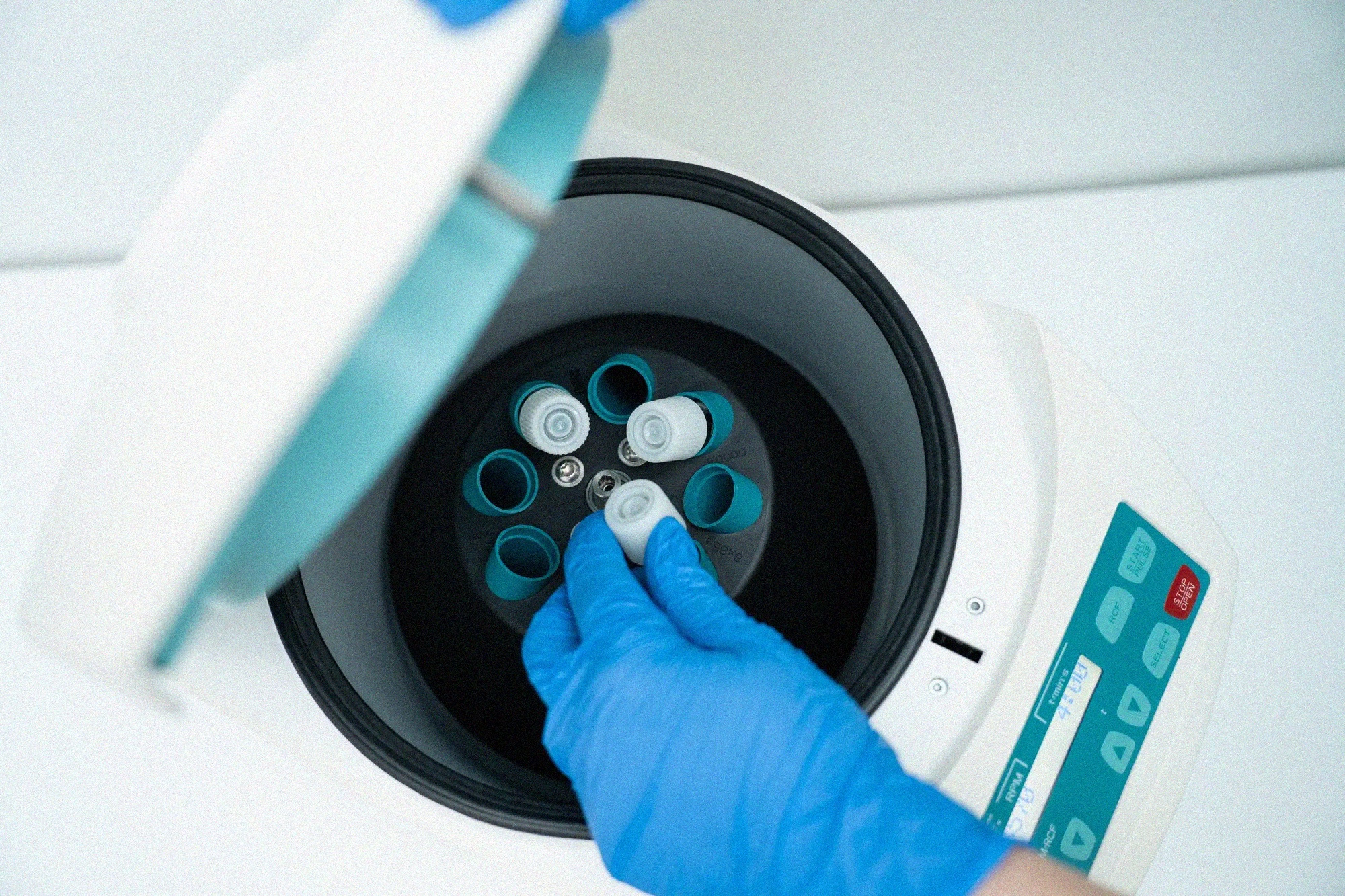Uterus Transplants: An Emerging Solution for Fertility Challenges
.webp)
What Is a Uterus Transplant?
A uterus transplant is a surgical procedure in which a healthy uterus is transplanted into an individual who lacks a functional one. In other words, a woman who is done having children can donate her uterus to an aspiring parent who can’t carry a pregnancy because of UFI. The person receiving the transplant must have XX chromosomes but may have been born without a uterus, have had a hysterectomy, or have uterine abnormalities that prevent successful pregnancy.
The uterus may be donated by a living or deceased donor, and the procedure is followed by in vitro fertilization (IVF) to attempt pregnancy. The uterus transplant is temporary—it is usually removed after one or two successful births or if complications arise.
Meeting the Researchers Behind this Global Innovation
Sunfish CEO Angela Rastegar sat down with the researchers at Baylor to discuss this program. Before moving to Texas to grow the uterus transplant program at Baylor, Dr. Johanneson was part of the Swedish team that successfully performed the first uterus transplant that resulted in a live birth. Since then, success has been replicated in several countries. The first baby born via uterus transplant in the U.S. was born through the Baylor program in 2017.
“The procedure gives hope to those who thought they’d never be able to carry a child because of uterine factor infertility,” Dr. Johannesson says—and she sees the success rate growing as transplant teams across the globe share their learnings from clinical trials. Trials “have already included more than 100 women, most of whom have delivered beautiful babies,” she says, estimating that in the U.S. alone, more than a million women could benefit. UFI is estimated to affect 1 in 500 women of reproductive age.
Clinical data suggests that the uterus becomes functional in about 80% of transplants. From there, IVF can be used to achieve pregnancy. While still considered experimental, the growing number of successful outcomes is driving global interest in the procedure.
Who Is a Candidate for Uterus Transplantation?
Candidates for transplant have absolute uterine factor infertility (UFI) and are between 18 and 40 years old. Before being accepted into a transplant program, candidates must undergo thorough medical evaluations to assess overall health, organ compatibility, and readiness for both surgery and eventual pregnancy. Psychological assessments are also required.
Risks and Considerations: Surgery and Financial Costs
Uterus transplantation, like many surgeries, carries risks including organ rejection, surgical complications, emotional challenges, and pregnancy risks. Babies born to mothers with transplanted uteruses must be conceived via IVF and delivered via c-section.
The costs of transplant surgery in addition to IVF may be considerable. This is one reason we’re exploring relationships with clinics like the one at Baylor—so Sunfish can support more fertility access.
“Planning a family shouldn’t be a source of financial stress for people. That’s why Sunfish partners with forward-looking providers to help people find and finance fertility treatments in a way that makes sense for them, with clear expectations about the costs,” says Angela Rastegar, Founder and CEO of Sunfish. “As uterus transplants become more available, we hope to work with Dr. Testa, Dr. Johannesson and other clinicians to bring this advancement to more people.”
The Future of Uterus Transplants
As research progresses, experts hope to refine surgical techniques, reduce risks, and expand access to the procedure. Clinical trials continue to explore ways to ensure successful transplants and to track results.
A remarkable advancement in the realm of fertility treatment, uterus transplantation provides a viable path to pregnancy for individuals with UFI. With ongoing research and increasing success rates, this option may become more widely available in the future, offering a renewed sense of hope for many facing this type of infertility.
At Sunfish, we work closely with clinicians focused on expanding and supporting new options for building families, and we are excited for a future where partnering with doctors pioneering new procedures like this one allows us to further expand access to novel family-building techniques.


.png)



